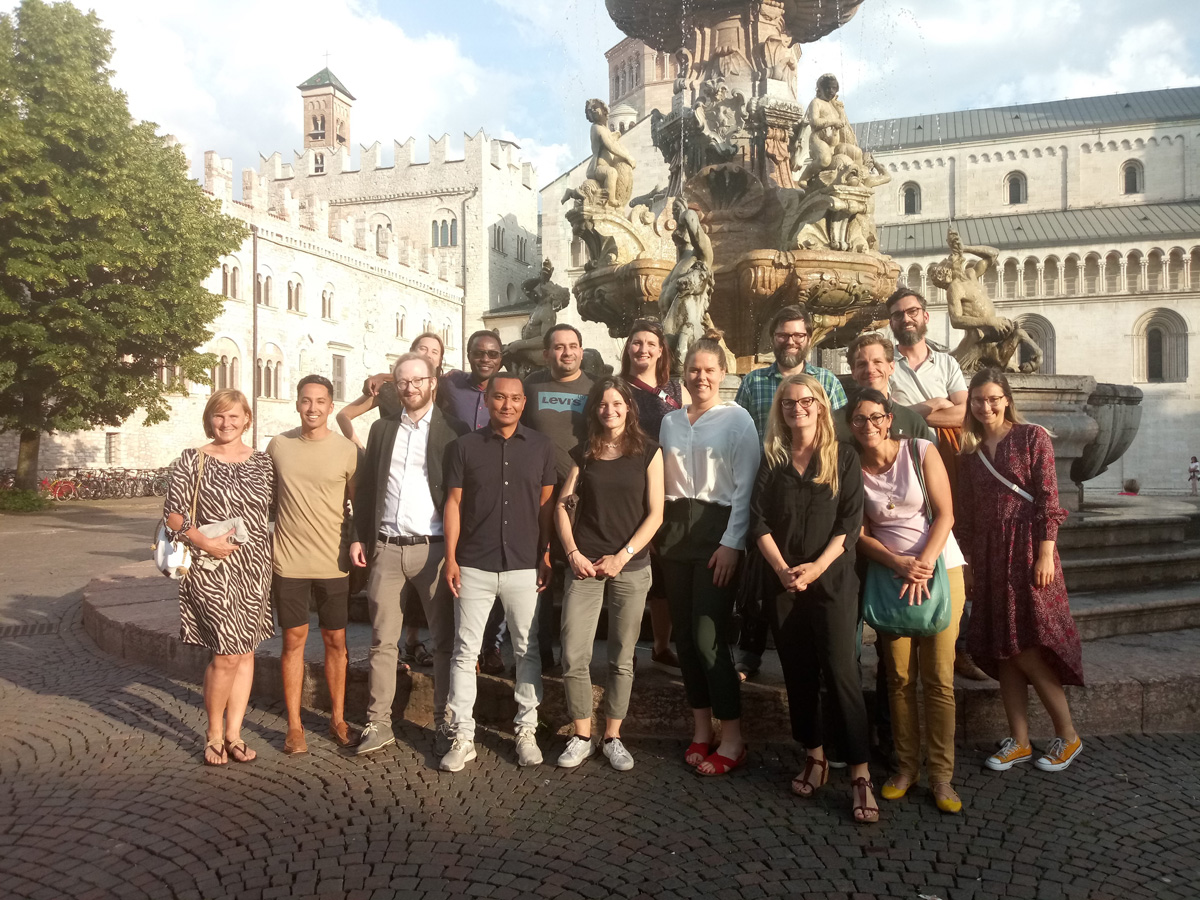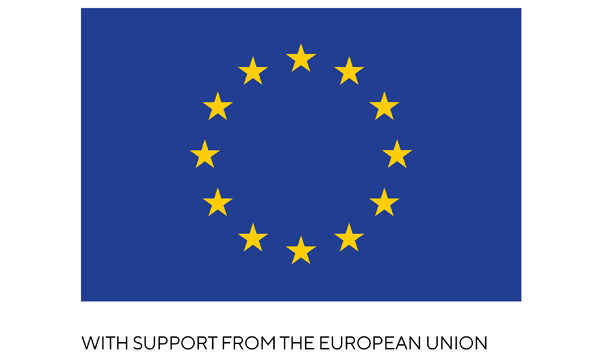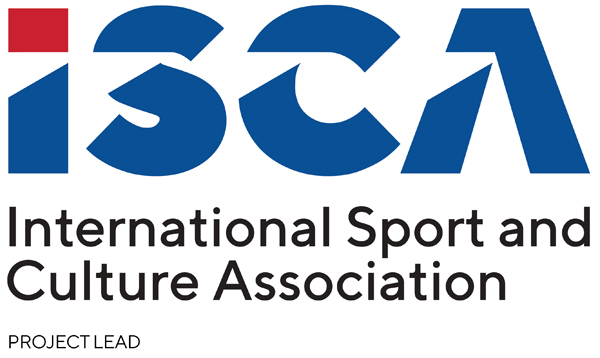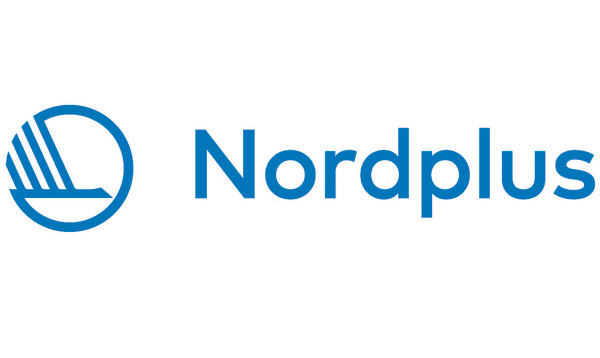MOVE Beyond partners start pilot actions on refugee inclusion through sport
Posted June 20, 2019
Community sport and non-sport organisations in four countries have now begun an 11-month trial of new initiatives that support the inclusion and integration of refugees though sport. DGI and the Danish Red Cross (Denmark), UISP Trento and ATAS (Italy), SISU and Save the Children (Sweden) and StreetGames and SPARC (UK) will implement pilot actions at a local or national level that involved specific interventions designed by the partners in each country, assisted and supported by ISCA, University of Copenhagen (Denmark) and Demos (Belgium).
The pilots started this month and were presented at the second partner meeting hosted by ISCA member UISP in Trento. They will end in April 2020 and the results will be presented at an international conference in Brussels towards the end of 2020. The pilots are planned as small scale activities organised by two or more organisations and directly involving groups of refugees.
The MOVE Beyond project is building on the groundwork done in ISCA’s Integration of Refugees Through Sport projects that were supported by NordPlus Adult and Erasmus+ KA2 Strategic Partnerships. These projects identified good practices and established an implementation framework (facilitated through an online course) that can be carried out by both sport and non-sport actors who are working with refugees in their communities.
Creating a win-win-win situation by joining forces
MOVE Beyond partner Demos is currently conducting consultations with 18 stakeholders from both sport and non-sport organisations on the barriers faced when working in refugee inclusion programmes, and will soon launch a questionnaire to support the findings. Focus groups with refugees are also being organised in each partner country and all results will be used to develop policy recommendations and advocacy messages to encourage broader collaboration in inclusion initiatives.
Demos Project Coordinator Zakayo Wandoloh gave an inspiring presentation of the initial findings in Trento, which highlighted that sport and play have great potential to foster the inclusion of refugees.
“Sport and play are something that is very universal. Everyone understands what sport and play are, and they offer an easy way to break the ice and get into the conversation,” he said.
However, he said elite sport is dominating media headlines and stories of refugees breaking through at the elite level are overshadowing the social benefits of participating at the grassroots level.
“High profile refugees are raising expectations of sport as a pathway to the elite level, while clubs only offer grassroots sport. Success stories at the grassroots level, however, are less visible in the media. When I asked the stakeholders to give examples of success stories in grassroots inclusion of refugees they said, ‘Where do I start? There are so many!’ But often we don’t see them.”
The findings underlined that raising the profile of these actions and creating a sustainable impact can be done by bringing sport and non-sport actors together and by including refugees and asylum seekers in designing the activities.
“By joining forces, you have expertise in both worlds (sport and non-sport). By engaging the refugees in organising the activities, you are fostering sustainable change due to the global outlook of the target group. It’s a win-win-win situation. Programmes for refugees are often created for them but without them. And although they have good intentions, they often have the wrong approaches. Talk to the target group before you enter into your (sport and non-sport) collaboration so you can anticipate the barriers and try to avoid them.”
Click here for a closer look at the four pilot actions that are part of the Erasmus+ Sport Collaborative Partnership MOVE Beyond.
By Rachel Payne, ISCA




